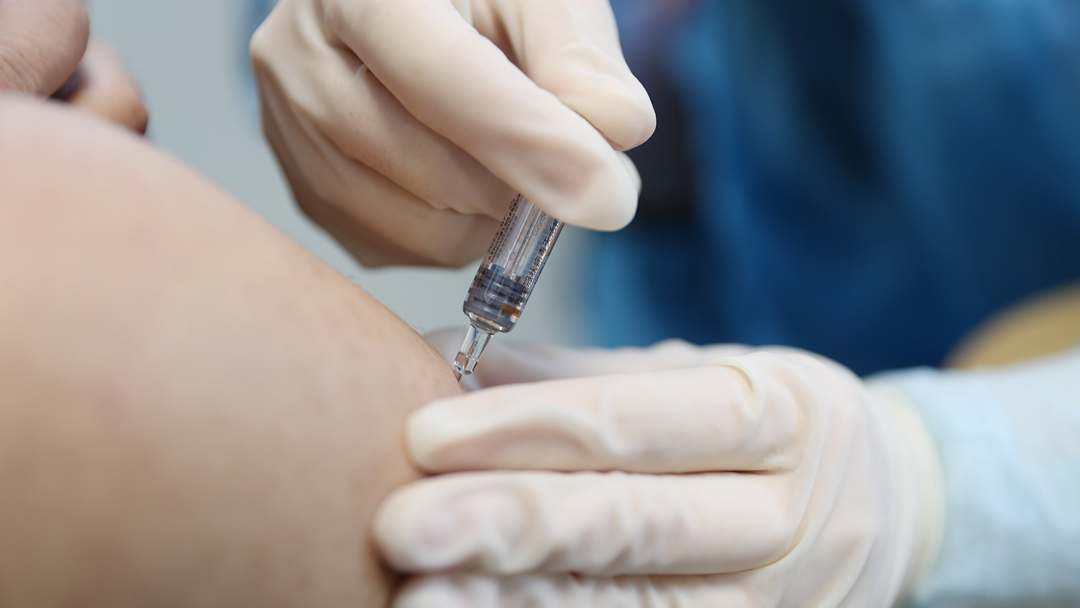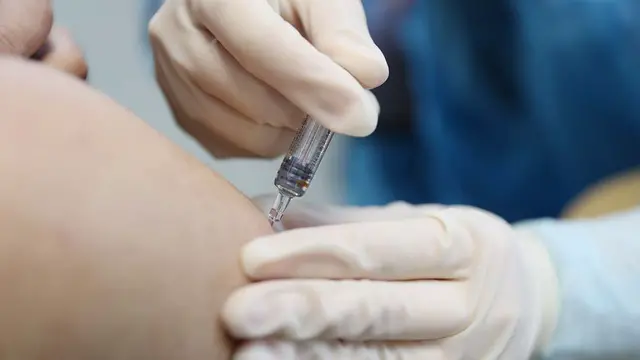
Sinopharm's COVID-19 vaccine is administered to a person in Qingdao, east China's Shandong Province, January 5, 2021. /CFP
China's COVID-19 vaccines based on the inactivated virus can be upgraded to cope with new variants in about two months, the Global Times reported on Tuesday, citing an expert with the Chinese Center for Disease Control and Prevention (CDC).
There are concerns that the new variants of the novel coronavirus in the UK and South Africa may dampen the effectiveness of COVID-19 vaccines developed by global drug companies over the last year. New variants of the virus have been spreading fast in several nations.
If necessary, an upgrade for China's inactivated COVID-19 vaccine could be completed in about two months, Shao Yiming, a member of the Product Development for Vaccine Advisory Committee of the World Health Organization (WHO), told the Global Times.
Chinese vaccines' capability to help human bodies generate antibodies remains almost steady in neutralizing the new variants of the virus that emerged in Europe, South America, and the U.S. across the first half of 2020, said Shao. "Although the efficacy is slightly weakened when it comes to the new variants."
There is no sign prompting an urgent upgrade of the vaccines made in China so far, Shao said, as the current ones still offer protection for ordinary people.
Currently, five vaccines, two from China, two from the U.S., and one from the UK, have already been widely used for inoculation across the world, according to the WHO.
Among the five candidate vaccines, China's Sinovac Biotech and Sinopharm are based on inactivated virus technology. At the same time, those developed by U.S. drug companies Pfizer and Moderna uses mRNA technology.
Shao said the redesign of inactivated technology could take a bit longer than the mRNA technology, which does not require cultivating and inactivating the virus.
On Monday, Moderna and Pfizer also said their vaccines were effective against the current two new variants but are slightly less protective against the variant in South Africa.
 简体中文
简体中文

